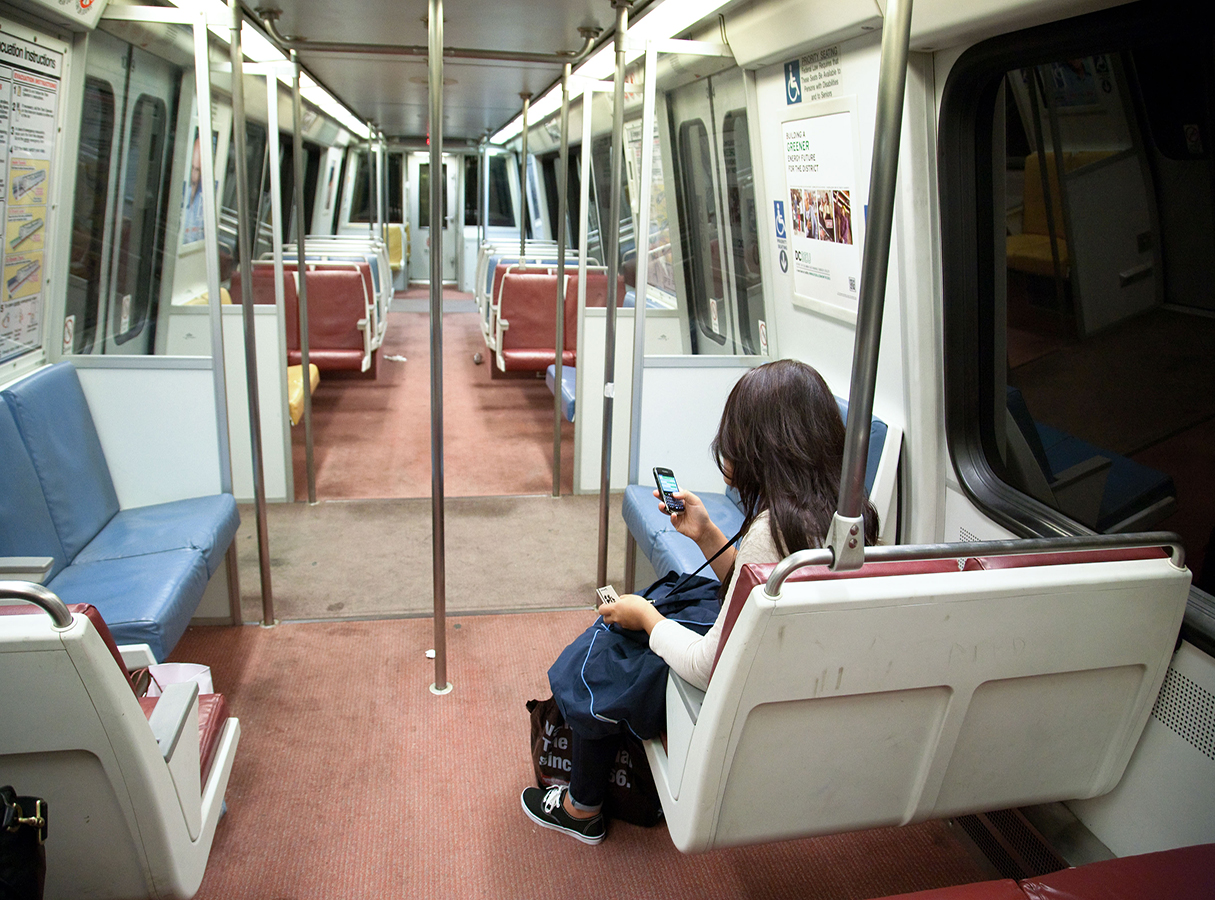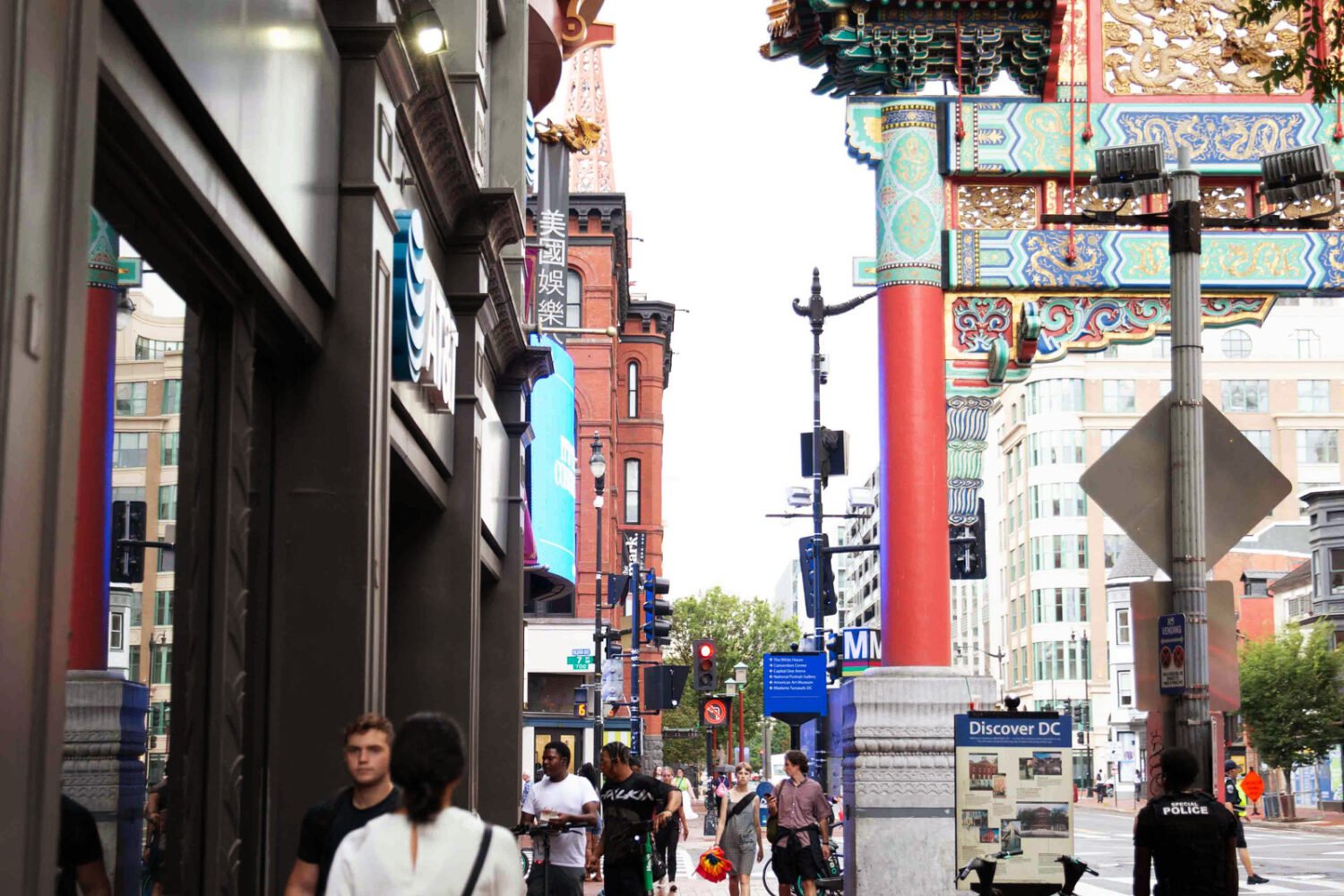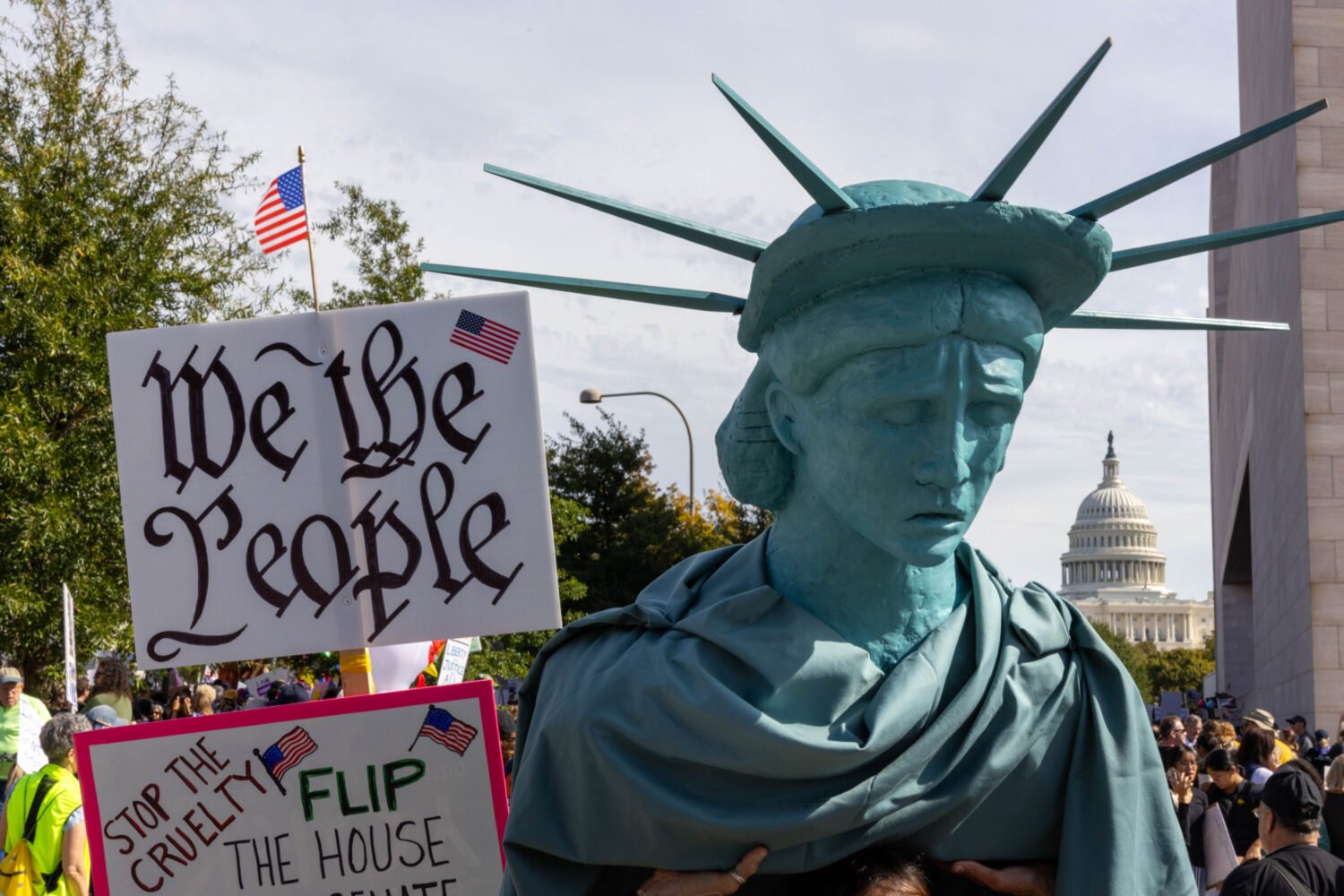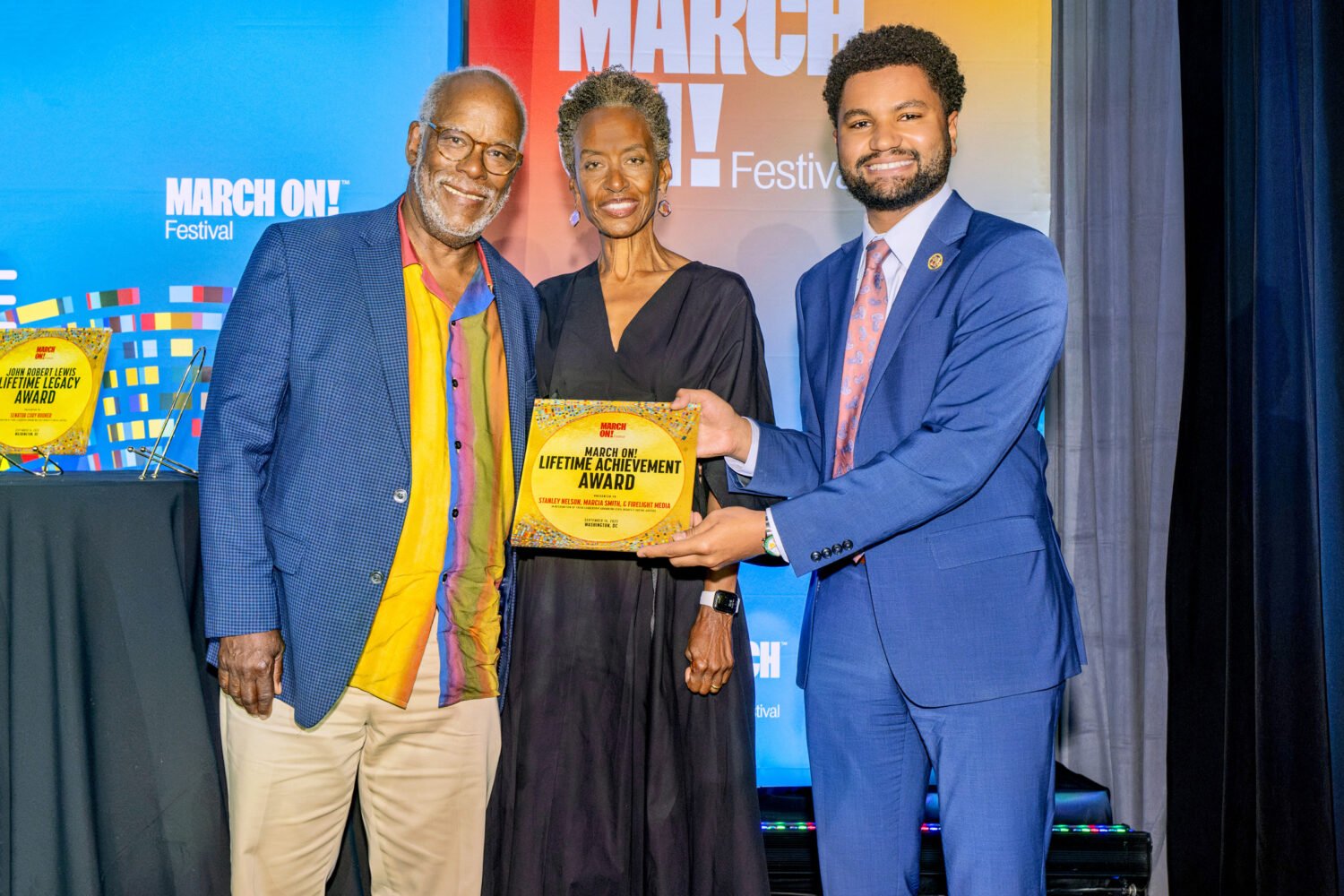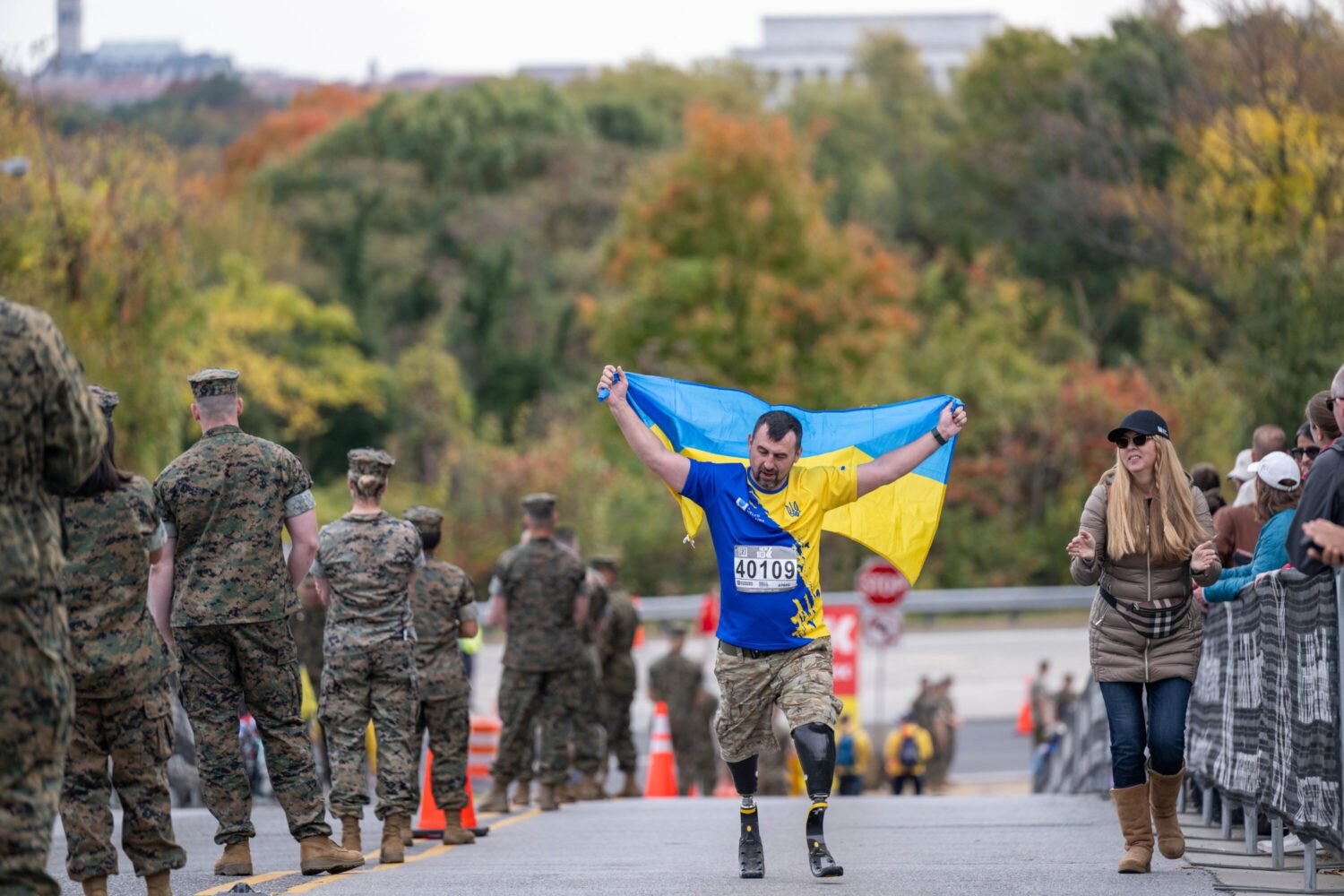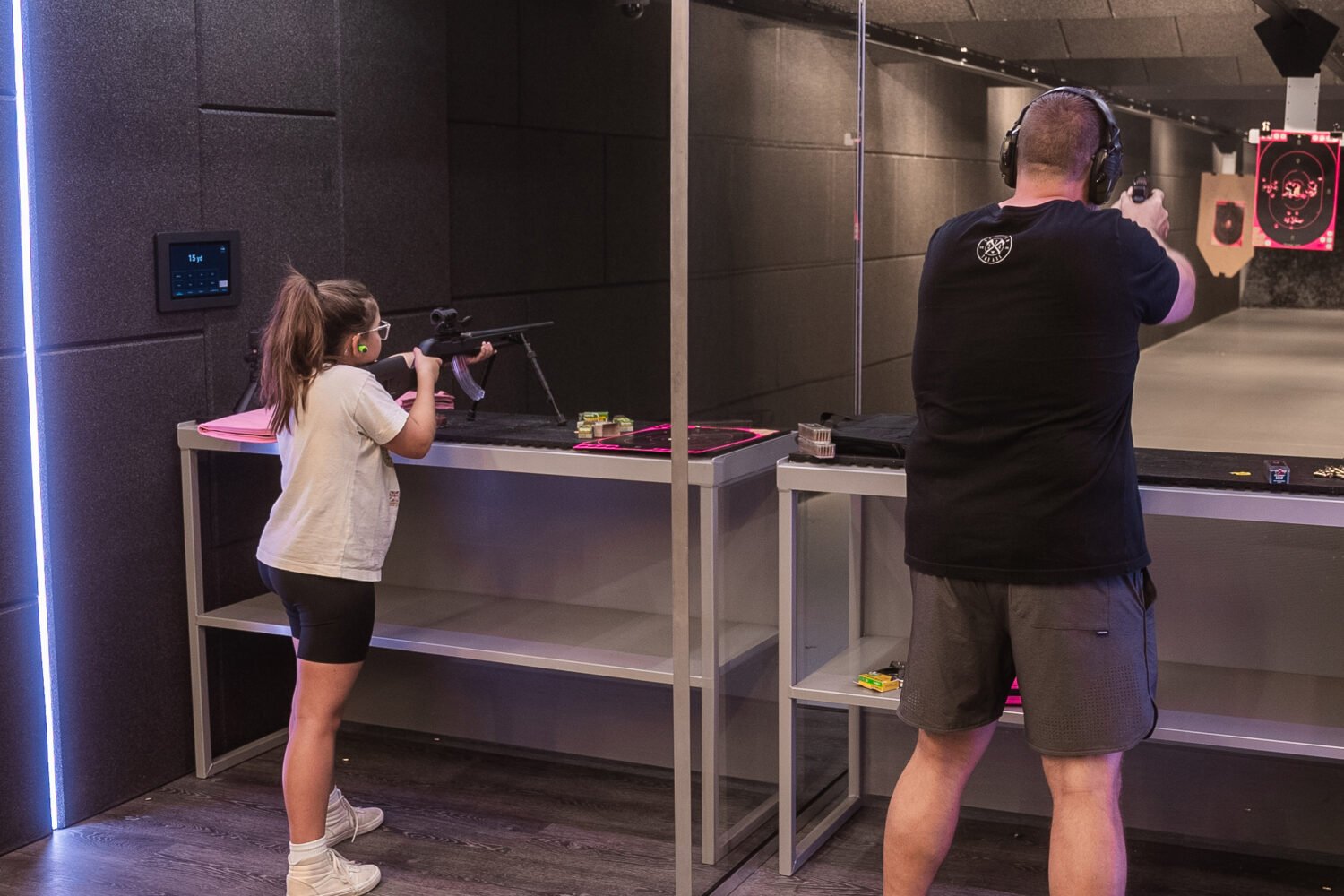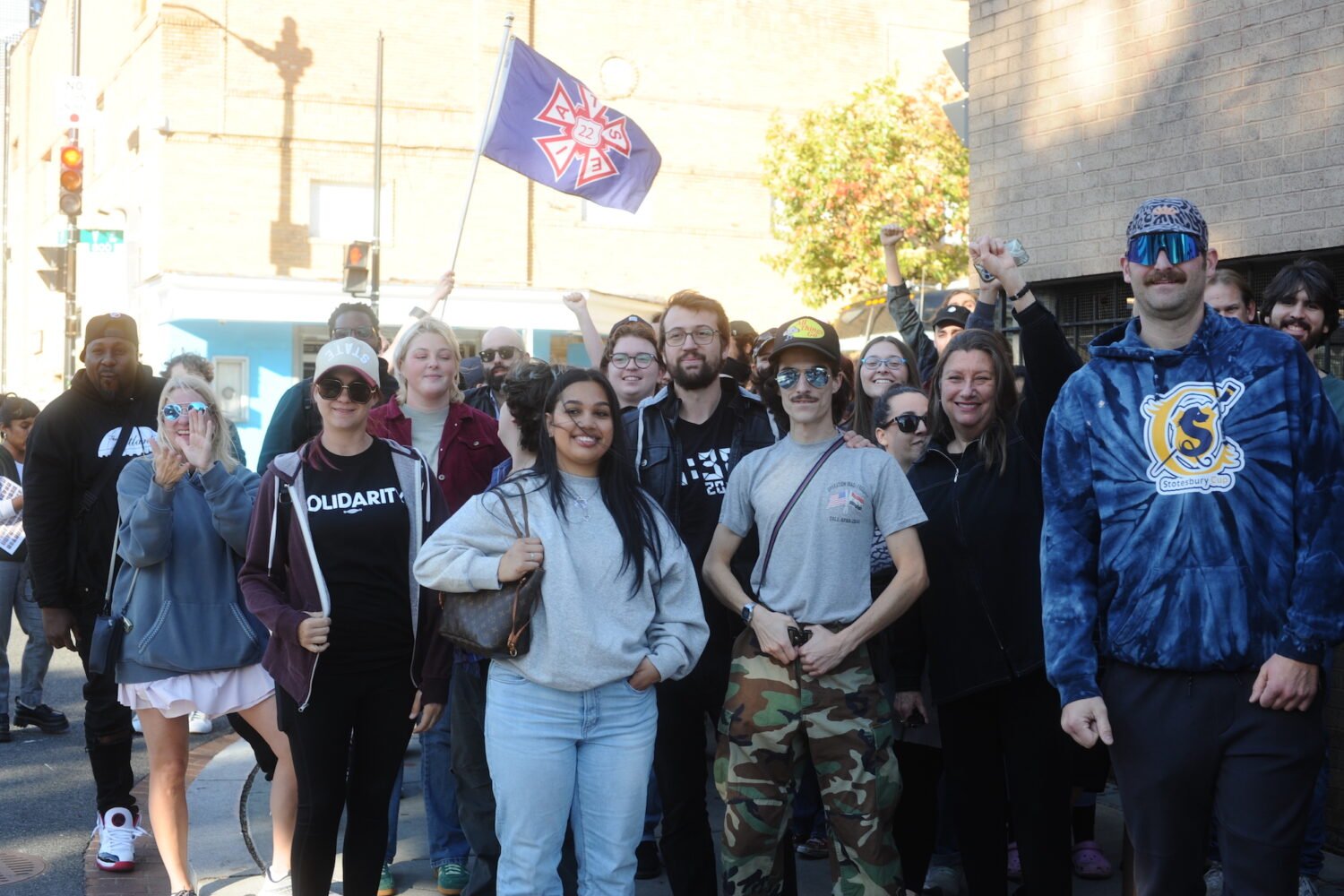I go back long enough in Washington to a time when the biggest annoyance about riding Metro was the morning chatter. Workers heading to the office. Roommates commuting together. Very! Excited! Tourists! Conversations ricocheted, with no escape except hunching more deeply into the pages of a book or newspaper.
Then cell phones came along, which kept people from talking to each other but actually intensified the chatter—“Where are you? I’m on the Yellow Line. Tunnel!”—all at surging volume. Headphones were no match for Cell-Phone Voice.
Now it’s smartphones, bringing an austere silence to the land. People gaze into tiny screens, lost in tiny worlds of . . . what? We can’t see if it’s Facebook, games, Netflix. We don’t know which e-book is so enthralling, what the incoming text message advises. Most times the Metro is as quiet as an old-fashioned library. It’s what I thought I wanted, but I don’t like this desolate silence, either.
So how startling when a phone rang one night on the Yellow Line. Not unheard of, just unusual and, honestly, annoying. The woman seated in front of me said, “Hello?” She looked to be in her early fifties, a scarf and rows of clattering bracelets softening her professional air.
“On the Metro right now,” she said in Cell-Phone Voice. It was 9:30 or so. I’d been teaching an intense class for nearly three hours, and now I wanted to stare at the dark, reflective window. I didn’t have a smartphone at the time and chose to ignore my magazine.
“Yeah,” she said. “I am.”
Loud. Intrusive. I braced for each tedious detail of life amplified. Three more stops and I’d be gone, melting into the night.
“Oh, my God,” she said. “He’s dead?” Though she repeated the question several times, I couldn’t be sure I’d overheard correctly. I stared into the black window, beyond my reflection to the lights in the new condo buildings, already full of people. Everyone else on the train remained lost in their smartphones.
The woman hung up without saying much more and slumped in her seat. I stared at her scarf along the back of her neck, at the curve of bare skin. She sat statue-still. I had to be wrong—she hadn’t really learned of the death of a loved one while riding the subway.
Two more stops.
The stark fluorescence of Metro at night. How terribly alone I felt.
I touched her shoulder lightly and murmured, as if sharing a secret: “Did I hear you right? You just . . . lost someone?”
She turned. “My cousin. But he was like a brother.”
Our eyes met. “I’m so sorry,” I said. “And to find out on the Metro.”
She gave that kind of head shake where it’s agreed something is impossible, as her eyes turned glassy, wet.
I offered to ride to her stop, two after mine, but she said she was going to family—they were meeting her at the station. She thanked me. Again I said I was sorry.
They would hug her, but I wanted to hug her, too, there in front of the screen-tappers around us. I wanted her to know that someone had died in my arms once, that once I’d been the one making that dreaded call. I wanted to pierce the silence of the Metro car with a scream.
My stop. I squeezed her arm. She grabbed my hand. We both held on.
“I’m glad I was here,” I said while the open door beckoned.
Then I stood on the platform as the train left and she disappeared.
Leslie Pietrzyk’s short-story collection, “This Angel on My Chest,” won the 2015 Drue Heinz Literature Prize and will be published by the University of Pittsburgh Press in October.
This article appears in our July 2015 issue of Washingtonian.

